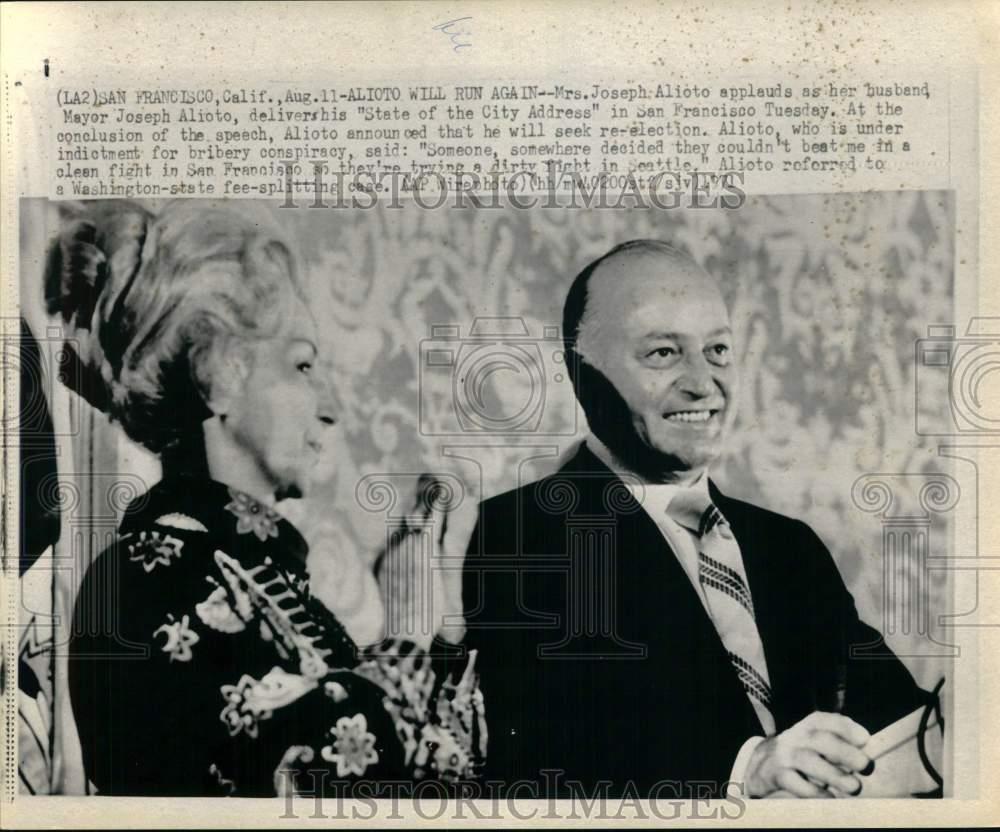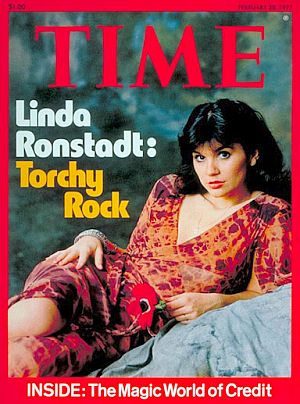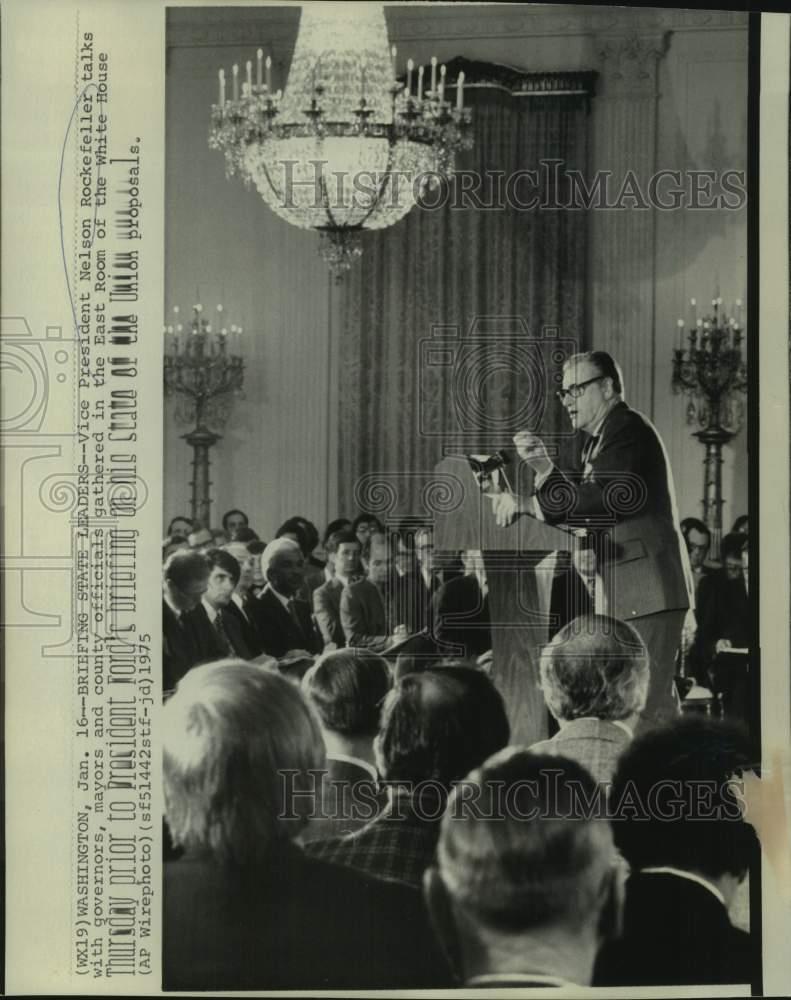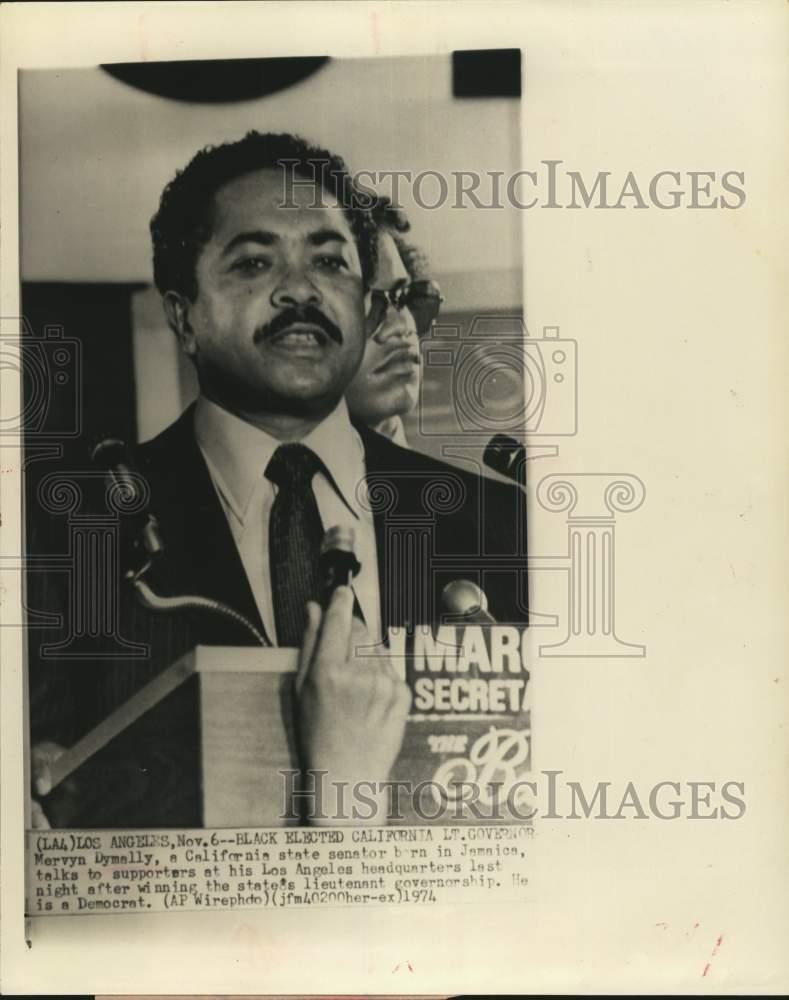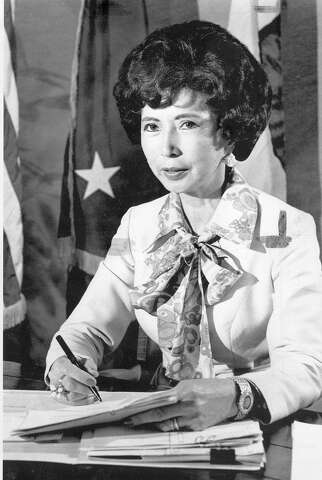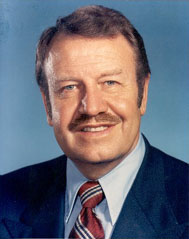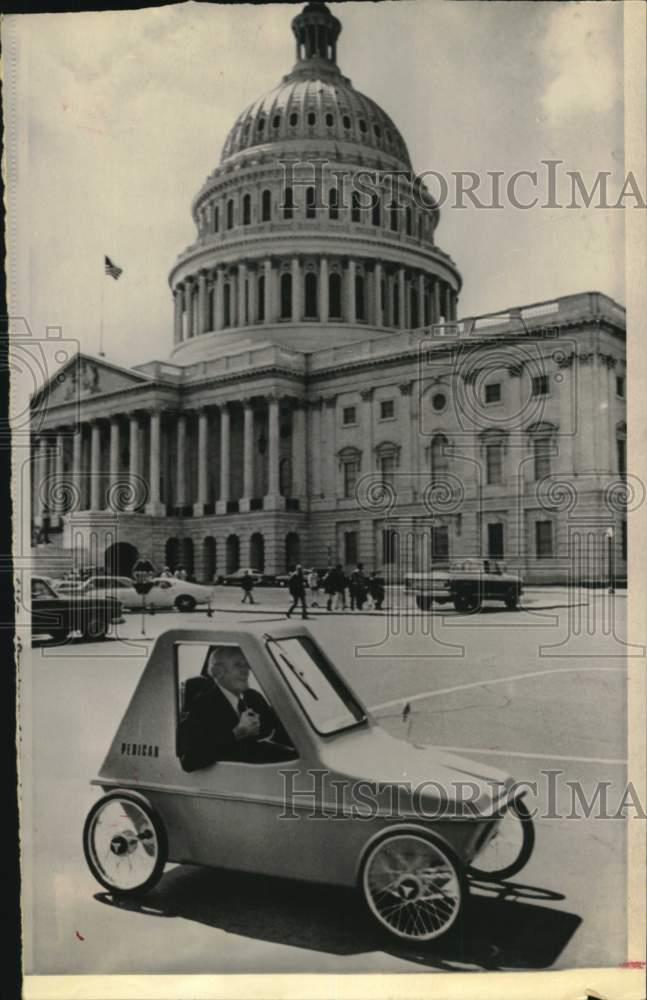49ersfootball
Well-known member
COMING SOON

Monday, January 6th, 1975. Edmund Gerald Brown, Jr., had been inaugurated as CA's 34th Governor inside the CA State Assembly chambers before a joint session of the CA State Legislature, where some political analysts viewed him as a future President.
Events in 1975 would alter Brown's political career & the course of American politics....
1975: Moonbeam lives in the CA Governor's Mansion & Onwards
Last edited:


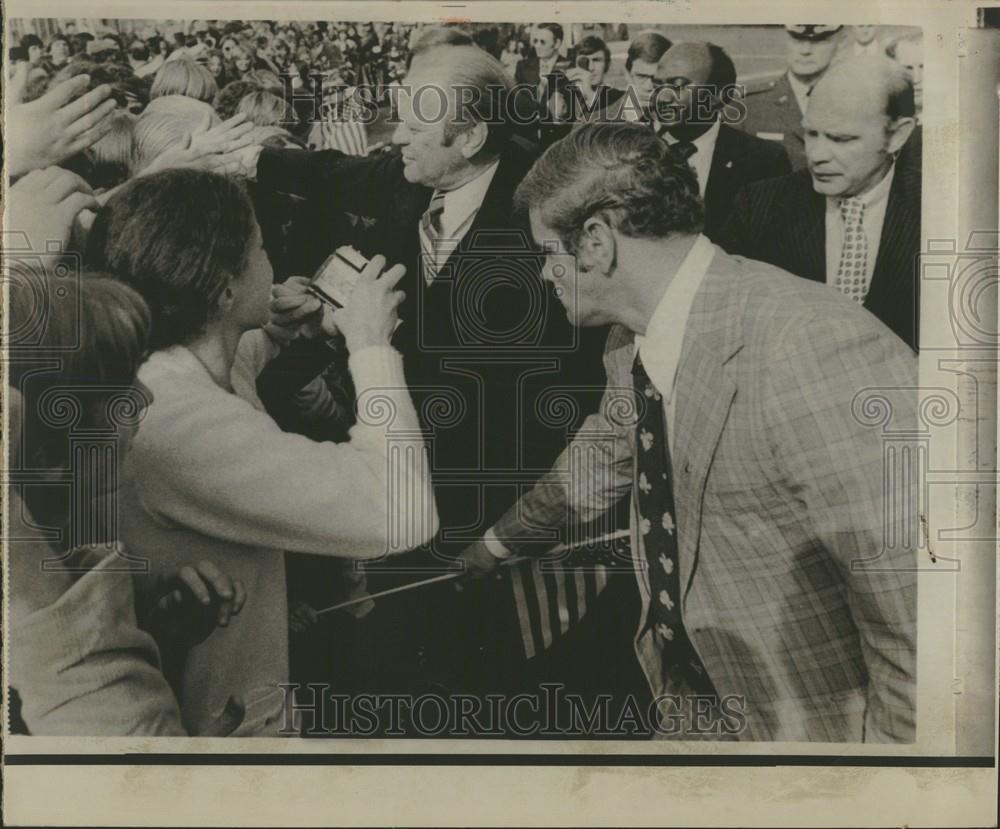

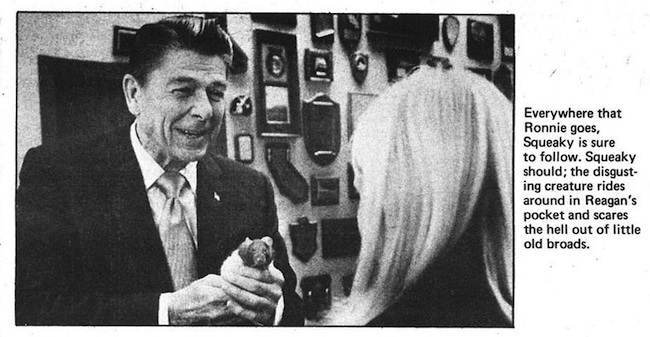

.png)
